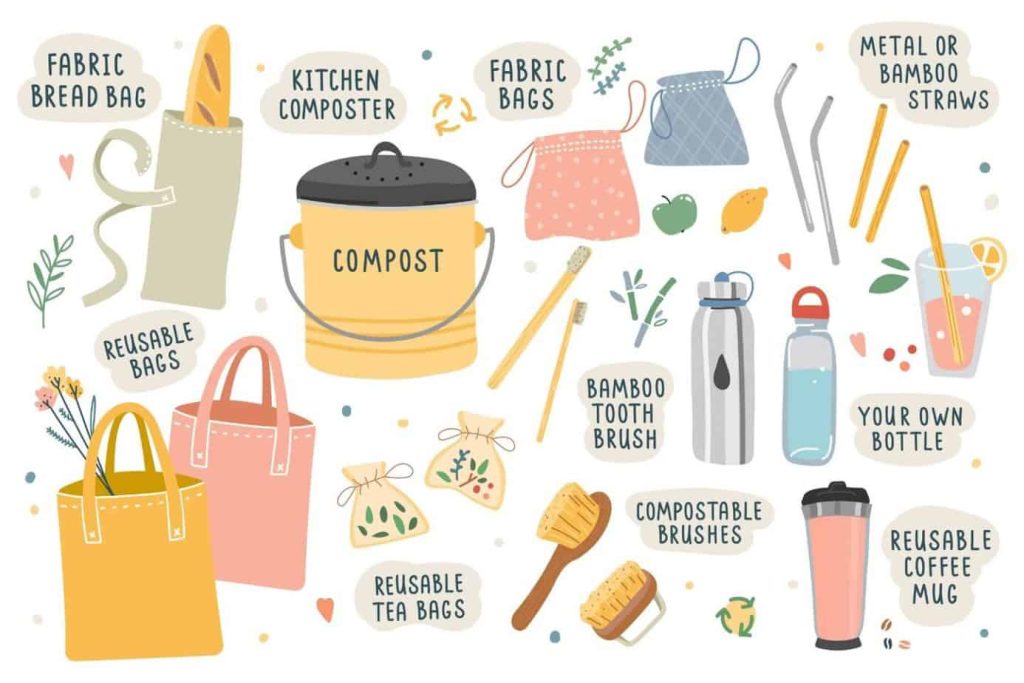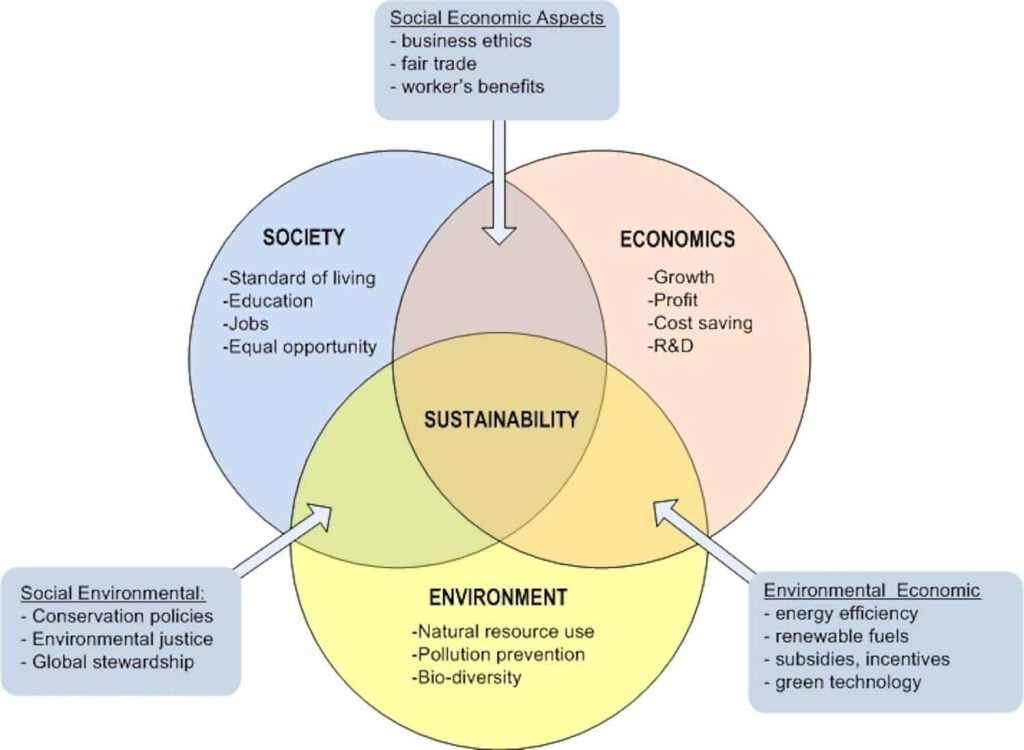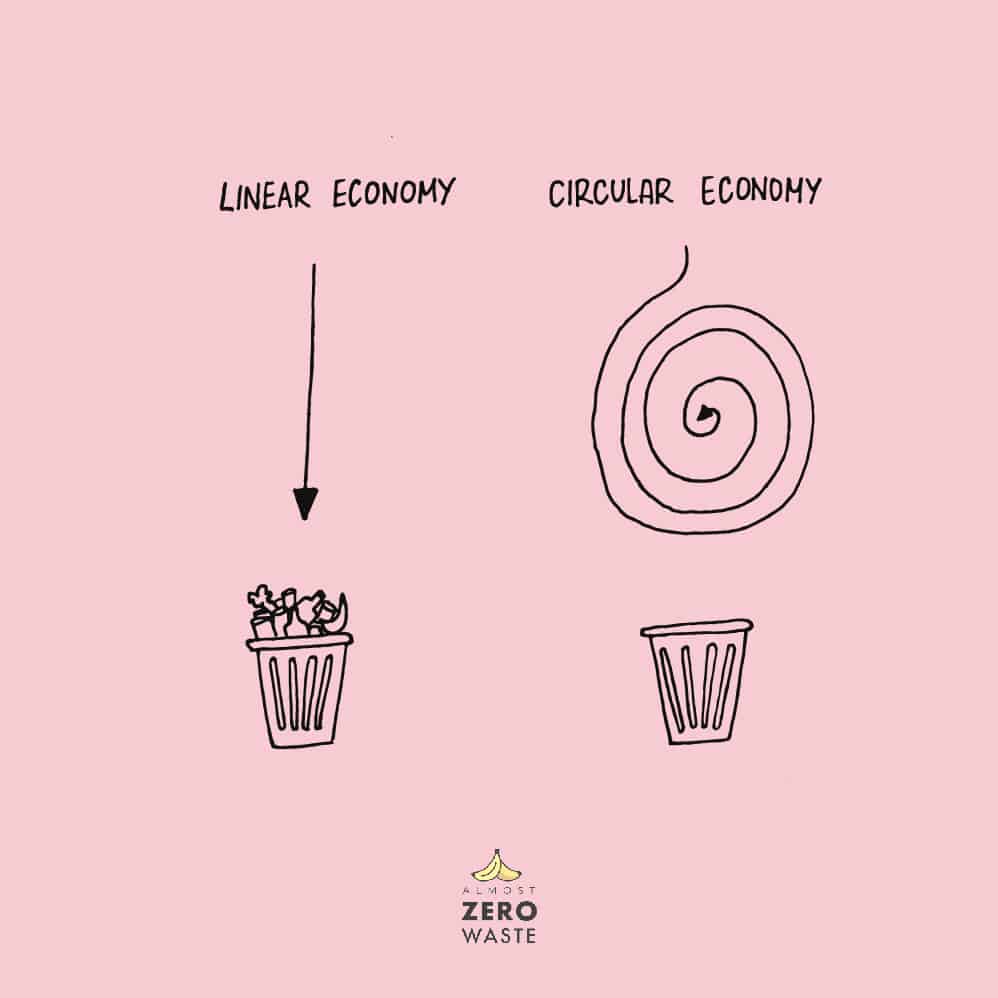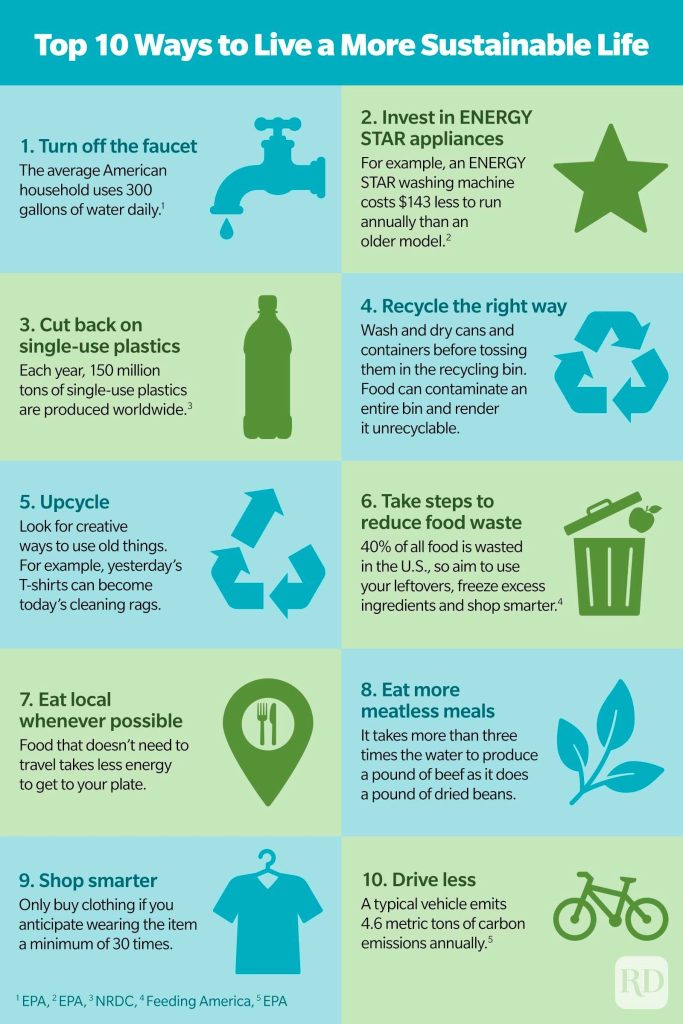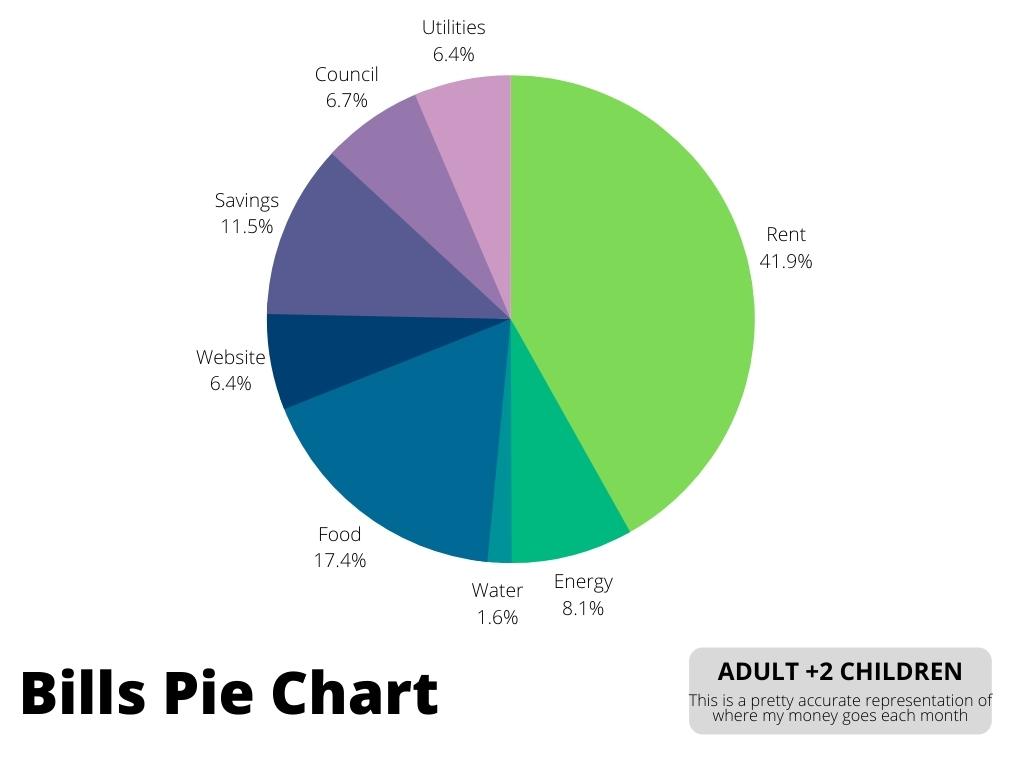Looking to make a positive impact on the environment? Want to reduce your carbon footprint and live a more sustainable life? Well, starting a zero waste lifestyle might just be the answer you’re looking for! In this article, we’ll dive into the ins and outs of how to start a zero waste lifestyle, providing you with practical tips and tricks to minimize waste and make eco-friendly choices. So, grab your reusable water bottle and let’s embark on this journey together!
Picture this: a world where landfills aren’t overflowing with trash and plastic pollution doesn’t dominate our oceans. Sounds like a dream, right? Well, it can become a reality with a zero waste lifestyle. But what exactly does it mean to live a zero waste lifestyle? Simply put, it involves reducing, reusing, and recycling as much as possible, with the ultimate goal of sending as little waste as possible to the landfill. It’s about making conscious choices and adopting sustainable habits that prioritize the health of our planet. So, whether you’re a seasoned environmentalist or just starting out on your green journey, this article will provide you with the tools and inspiration to kickstart your zero waste lifestyle. Get ready to make a positive impact and join the zero waste revolution!
How to Start a Zero Waste Lifestyle
- Assess your current waste habits: Take stock of what you throw away and identify areas for improvement.
- Reduce single-use items: Swap disposable products for reusable alternatives, like water bottles and cloth shopping bags.
- Compost: Start composting organic waste to divert it from the landfill.
- Shop consciously: Opt for package-free or bulk items to minimize packaging waste.
- Recycle correctly: Educate yourself on what can and cannot be recycled in your area.
- Spread the word: Share your journey and inspire others to join the zero waste movement.

How to Start a Zero Waste Lifestyle?
Living a zero waste lifestyle is a conscious choice that can have a positive impact on the environment. It involves minimizing waste and reducing your carbon footprint by adopting sustainable practices. If you’re interested in starting a zero waste lifestyle, here are some tips to help you get started.
1. Assess Your Current Waste
Before diving into a zero waste lifestyle, it’s important to assess your current waste habits. Take a look at the items you throw away on a regular basis and identify areas where you can make changes. This could include reducing single-use plastics, composting organic waste, or finding alternatives to disposable products.
It’s also helpful to calculate your waste footprint. This will give you a better understanding of the impact your current lifestyle has on the environment and serve as a benchmark for measuring your progress as you transition to a zero waste lifestyle.
2. Start with the Basics
Transitioning to a zero waste lifestyle doesn’t happen overnight. It’s a gradual process that requires commitment and patience. Start by focusing on the basics, such as reducing plastic waste. Invest in reusable alternatives like stainless steel water bottles, cloth grocery bags, and glass food storage containers.
You can also switch to using natural and eco-friendly cleaning products, which are better for both your health and the environment. Look for products that come in refillable or compostable packaging to further reduce waste.
Benefits of a Zero Waste Lifestyle
There are numerous benefits to adopting a zero waste lifestyle. Not only does it help reduce pollution and conserve resources, but it can also save you money in the long run. By avoiding single-use items and embracing reusable alternatives, you’ll reduce your need to constantly buy new products, leading to significant savings over time.
Additionally, living a zero waste lifestyle can improve your overall well-being. Many zero waste practices, such as cooking from scratch and shopping locally, promote healthier eating habits and a stronger connection to your community.
Tips for Shopping Zero Waste
One of the key aspects of a zero waste lifestyle is mindful shopping. Here are some tips to help you shop in a more sustainable way:
1. Buy in bulk: Opt for bulk bins and bring your own reusable containers to reduce packaging waste.
2. Choose package-free options: Look for products that come without excessive packaging or switch to brands that use eco-friendly packaging materials.
3. Shop locally: Support local farmers markets and shops to reduce transportation emissions and promote community resilience.
4. Avoid impulse buying: Make a shopping list and stick to it to avoid unnecessary purchases and reduce waste.
Remember, it’s okay to start small and make gradual changes. Every effort counts when it comes to reducing waste and protecting the planet.
3. Embrace Minimalism
Embracing minimalism is a fundamental aspect of a zero waste lifestyle. It involves decluttering your living space and adopting a more intentional approach to consumption. By being mindful of what you bring into your home, you can avoid accumulating unnecessary items and reduce waste.
Start by decluttering one area at a time, such as your wardrobe or kitchen cabinets. Donate or sell items that you no longer need or use. When making new purchases, opt for quality over quantity and choose items that are built to last.
4. Practice the 5 R’s
The 5 R’s of zero waste living are Refuse, Reduce, Reuse, Recycle, and Rot. These principles serve as a guide for making sustainable choices and minimizing waste.
Refuse: Say no to single-use items like plastic straws, disposable cutlery, and unnecessary packaging.
Reduce: Minimize your consumption by only buying what you need and avoiding impulse purchases.
Reuse: Embrace reusable alternatives for everyday items, such as reusable shopping bags, water bottles, and coffee cups.
Recycle: Recycle as much as possible, but remember that recycling should be a last resort after reducing and reusing.
Rot: Compost organic waste like food scraps and yard trimmings to create nutrient-rich soil for your garden.
By following the 5 R’s, you can significantly reduce the amount of waste that ends up in landfills and contribute to a more sustainable future.
Zero Waste Resources
Embarking on a zero waste lifestyle can be overwhelming at first, but there are plenty of resources available to help you along the way. Here are some recommended books and websites to check out:
– “Zero Waste Home” by Bea Johnson
– “Waste Not: How To Make A Big Difference By Throwing Away Less” by Erin Rhoads
– Zero Waste Chef (zerowastechef.com)
– Trash Is for Tossers (trashisfortossers.com)
These resources provide valuable insights, tips, and inspiration for living a zero waste lifestyle.
Conclusion
Starting a zero waste lifestyle is a journey that requires commitment and a willingness to make changes. By assessing your current waste habits, starting with the basics, embracing minimalism, and practicing the 5 R’s, you can gradually transition to a more sustainable way of living. Remember, every small step counts, and together, we can make a big difference in reducing waste and protecting the environment. So, why not start today and embark on your zero waste journey?
Key Takeaways – How To Start a Zero Waste Lifestyle?
- 1. Reduce waste by avoiding single-use items like plastic bags and straws.
- 2. Opt for reusable alternatives such as cloth bags and metal straws.
- 3. Practice recycling by sorting your waste and disposing of it properly.
- 4. Compost organic waste like food scraps to minimize landfill waste.
- 5. Embrace a minimalist mindset by decluttering and only purchasing what you need.
Frequently Asked Questions
What are the benefits of starting a zero waste lifestyle?
Starting a zero waste lifestyle has numerous benefits for both the environment and your personal well-being. By reducing the amount of waste you produce, you contribute to the conservation of natural resources and help minimize pollution. Additionally, living a zero waste lifestyle can save you money as you become more conscious of your consumption habits and make more sustainable choices. It can also lead to a simpler and more organized life, as you focus on quality over quantity and prioritize experiences over material possessions.
Embracing a zero waste lifestyle also allows you to become part of a larger community of like-minded individuals who share the same values and goals. You can connect with others, exchange ideas and tips, and inspire each other to make a positive impact on the planet.
How do I start transitioning to a zero waste lifestyle?
Transitioning to a zero waste lifestyle may seem overwhelming at first, but taking small steps can make a big difference. Start by assessing your current waste habits and identifying areas where you can make improvements. Focus on the “big four” waste categories: food, packaging, household products, and personal care items.
Begin by reducing food waste through meal planning, composting, and shopping in bulk or at local farmers markets. Minimize packaging waste by opting for reusable containers, shopping with cloth bags, and avoiding single-use items. Swap out disposable household products like paper towels for reusable alternatives, and choose eco-friendly personal care items such as bamboo toothbrushes and refillable toiletry containers.
How can I reduce waste when grocery shopping?
Grocery shopping is a significant source of waste, but there are several strategies you can employ to reduce it. Firstly, bring your own reusable bags to carry your purchases instead of relying on plastic bags. Opt for loose produce instead of pre-packaged options, and bring your own cloth bags or mesh produce bags to avoid using plastic ones.
Consider buying in bulk to reduce packaging waste and bring your own containers or jars to fill with items like grains, nuts, and spices. Look for products with minimal or recyclable packaging, and choose items with a longer shelf life to minimize food waste. Lastly, be mindful of the products you buy and their environmental impact, opting for sustainable and eco-friendly options whenever possible.
How can I incorporate zero waste practices into my daily life?
Incorporating zero waste practices into your daily life requires a shift in mindset and habits. Start by embracing the principles of “reduce, reuse, and recycle.” Minimize your consumption by being mindful of your purchases and only buying what you truly need. Focus on reusing items whenever possible, such as using cloth napkins instead of disposable ones or repurposing glass jars for storage.
Recycling should be a last resort, as it is not a perfect solution. Instead, aim to reduce your reliance on single-use items altogether. Make use of refillable water bottles, bring your own coffee cup, and pack your lunch in reusable containers. By making conscious choices throughout your day, you can gradually incorporate zero waste practices into your routine and make a positive impact on the environment.
What are some tips for maintaining a zero waste lifestyle?
Maintaining a zero waste lifestyle requires ongoing commitment and perseverance. Here are some tips to help you stay on track:
1. Stay informed: Continuously educate yourself on sustainable practices and seek out new ways to reduce waste.
2. Find alternatives: Explore eco-friendly alternatives for commonly used products, such as reusable straws or biodegradable cleaning supplies.
3. Share with others: Spread the word about zero waste living and inspire others to join the movement.
4. Practice patience: Transitioning to a zero waste lifestyle takes time, so be patient with yourself and celebrate small victories along the way.
5. Embrace imperfection: It’s okay to make mistakes or encounter challenges. Focus on progress rather than perfection and keep striving to do better.
By following these tips and staying dedicated to your zero waste journey, you can make a lasting impact on the environment and inspire others to do the same.

10 Ways to Start a Zero Waste Lifestyle | Sustainability for Beginners
Final Thoughts: Embrace the Zero Waste Lifestyle and Make a Positive Impact
So, there you have it! Starting a zero waste lifestyle may seem daunting at first, but with a little determination and some simple changes, you can make a significant impact on the environment. By reducing your waste and making conscious choices, you’ll not only reduce your carbon footprint but also inspire others to follow suit.
Remember, it’s all about taking small steps and making sustainable choices that align with your values. Start by implementing the 5 R’s: Refuse, Reduce, Reuse, Recycle, and Rot. Refuse single-use plastics and unnecessary packaging, reduce your consumption of goods, reuse items whenever possible, recycle responsibly, and compost organic waste. These simple actions can greatly contribute to a healthier planet.
Additionally, don’t be too hard on yourself if you slip up occasionally. It’s all part of the learning process. Celebrate your successes and learn from your mistakes. Engage with the zero waste community, share your experiences, and gain inspiration from others. Together, we can create a world where waste is minimized, resources are preserved, and the environment thrives.
In conclusion, starting a zero waste lifestyle is not just about saving the planet; it’s about embracing a more mindful and sustainable way of living. By making conscious choices, we can reduce our impact on the environment and create a better future for generations to come. So, let’s take the leap and embark

